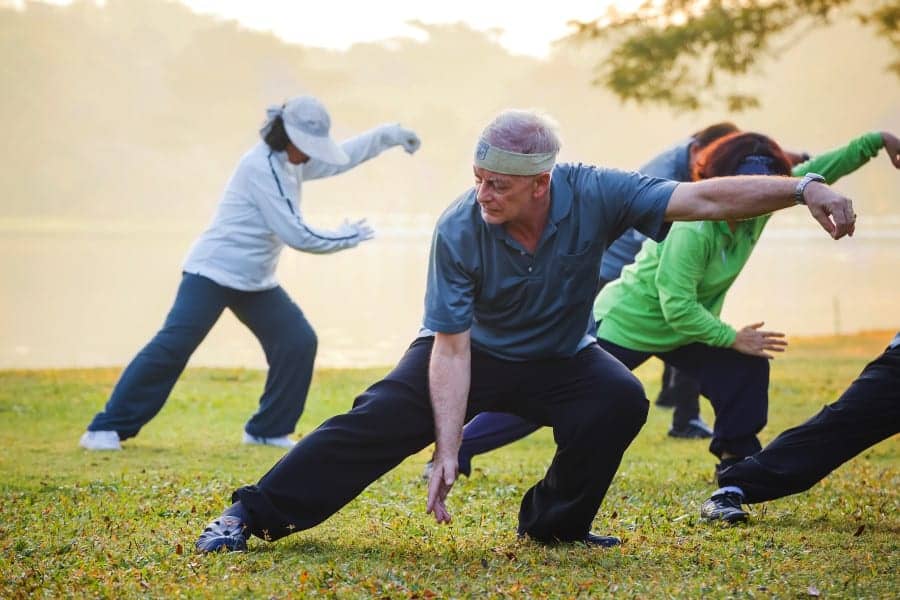Results of a new study evaluating the feasibility and acceptability of using T’ai Chi to improve chronic low back pain in adults over 65 years of age compared to health education and usual care are published in the Journal of Alternative and Complementary Medicine.
The study, conducted by Karen Sherman, PhD and colleagues from Kaiser Permanente Washington Health Research Institute and University of Washington, Seattle, focused only on adults older than 65, a media release from Mary Ann Liebert Inc/Genetic Engineering News notes.
Participants were randomly assigned to 12 weeks of T’ai Chi, a 12-week health education intervention, or usual care. Measures of recruitment and retention contributed to the determination of feasibility. The findings indicate that the study was feasible and had acceptable recruitment, few dropouts, and an excellent safety profile.
Among the T’ai Chi participants, 62% attended at least 70% of the classes during the 12-week intervention period. At 52 weeks, 70% of T’ai Chi participants reported having practiced the week before, with a median of 3 days per week and 15 minutes per session. Both participation and perception of helpfulness were lower in the health education group, per the release.
“More research is needed on treatments for chronic low back pain in older adults,” Sherman summarizes. “Our study showed that it’s feasible to do a clinical trial of T’ai Chi for this condition.”
[Source(s): Mary Ann Liebert Inc/Genetic Engineering News, EurekAlert]





